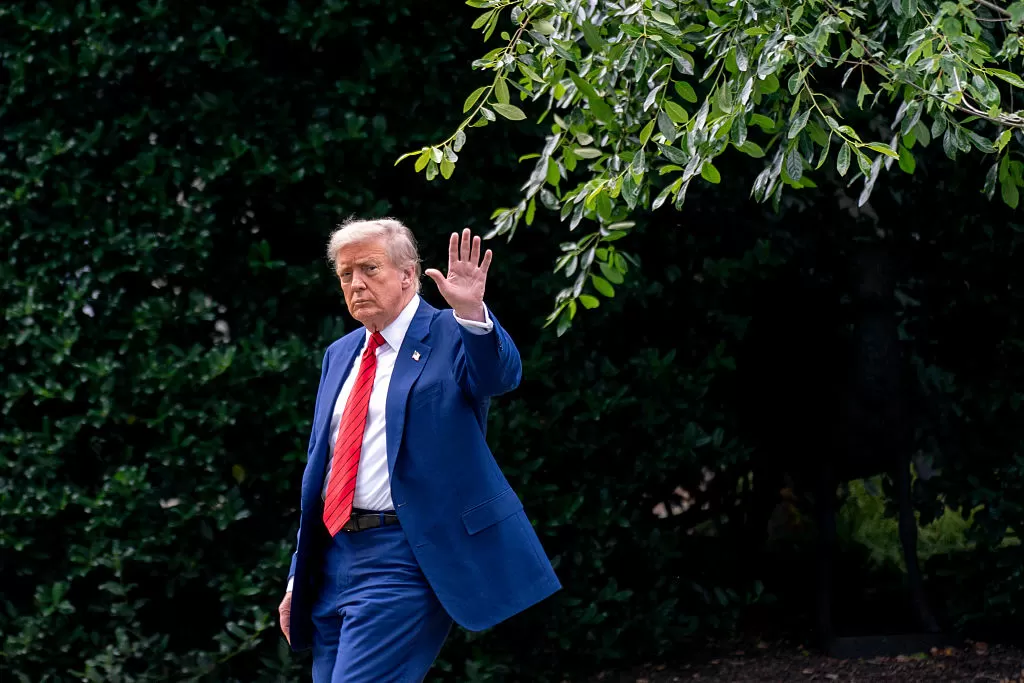The JCPOA (Joint Comprehensive Plan of Action), also known as the Iran nuclear deal, was a historic agreement signed in 2015 between Iran and six world powers – the United States, United Kingdom, France, Germany, Russia, and China. This deal aimed to prevent Iran from developing nuclear weapons and ease the economic sanctions imposed on the country. However, in 2018, the United States withdrew from the agreement, leading to uncertainty and instability in the region. Despite this setback, it is crucial to acknowledge that the JCPOA was working before the U.S. pulled out and that another accord is still the best way forward.
The JCPOA was a significant diplomatic achievement that brought Iran and the international community together to address one of the most pressing global security concerns. Before its implementation, Iran was pursuing a nuclear program that could potentially threaten regional and international stability. The deal required Iran to limit its uranium enrichment capacity, reduce its stockpile of enriched uranium, and allow international inspections of its nuclear facilities. In return, the U.S. and its allies lifted the crippling economic sanctions imposed on Iran, providing much-needed relief to its struggling economy.
The impact of the JCPOA was immediate and tangible. Iran complied with its nuclear obligations, and the International Atomic Energy Agency (IAEA) confirmed that the country was fulfilling its commitments. This achievement was a testament to the effectiveness of the deal and the commitment of all parties involved. Furthermore, the JCPOA opened up new opportunities for Iran, allowing it to reengage with the international community and improve its trade and economic relations. This not only benefited Iran but also provided economic benefits to the remaining parties to the agreement.
However, the U.S. withdrawal from the JCPOA in 2018 had devastating consequences. The reimposition of economic sanctions by the U.S. not only hurt Iran’s economy but also the other countries involved in the deal. The U.S. decision was a severe blow to the credibility and integrity of the JCPOA, and it sent a message that the U.S. was not committed to honoring its international agreements. Moreover, the withdrawal created a void in the region, leading to increased tensions and risks of a potential nuclear arms race.
Despite the U.S. withdrawal, the remaining parties to the JCPOA have continued to uphold their end of the deal. However, Iran has gradually increased its nuclear activities, citing the U.S. sanctions and the failure of the other parties to uphold their commitments as the reason for its actions. This has raised concerns and created a sense of urgency to find a solution and salvage the JCPOA.
The best way forward is through negotiations and another accord that addresses the shortcomings of the JCPOA and ensures its long-term sustainability. The new agreement should not only focus on Iran’s nuclear program but also address regional security concerns, including Iran’s ballistic missile program and its involvement in conflicts in the Middle East. Moreover, all parties involved should uphold their commitments and not use the agreement for political gains or leverage.
The U.S. presidential election in 2020 has brought a glimmer of hope for the revival of the JCPOA. President Joe Biden has expressed his willingness to rejoin the deal with the condition that Iran returns to full compliance. This presents an opportunity for all parties to come back to the negotiating table and reach a new agreement that addresses the concerns of all parties involved.
It is essential to acknowledge that the JCPOA was working before the U.S. pulled out, and it remains the best way forward. It was a diplomatic achievement that showed the effectiveness of multilateralism and the power of diplomacy in addressing global challenges. The JCPOA was a win-win situation for all parties involved, and its failure would have significant consequences for regional and international security.
In conclusion, the U.S. withdrawal from the JCPOA was a significant setback, but it should not be the end of the story. The JCPOA was working, and another accord is still the best way forward. The remaining parties to the deal, along with the U.S., should seize this opportunity to negotiate a new agreement that addresses the shortcomings of the JCPOA and ensures lasting peace and stability in the region. It is crucial to remember that the alternative to a negotiated agreement is not a better deal but greater uncertainty and increased risks. The world is watching, and it is time to come together and find a solution that benefits all parties involved.


